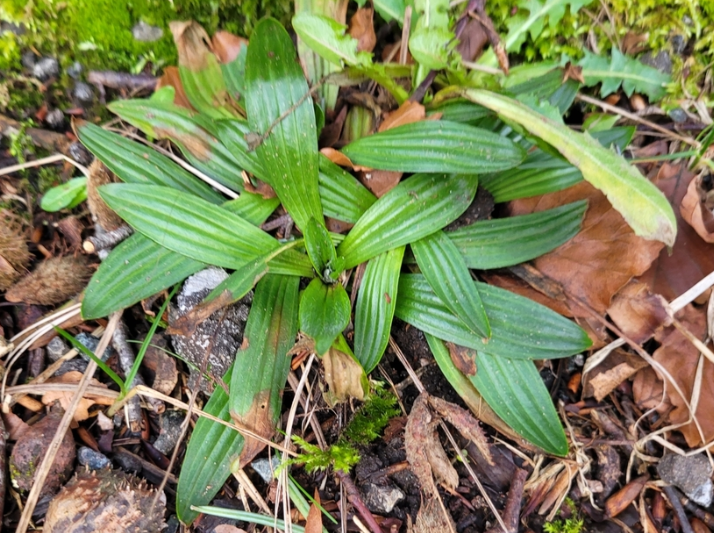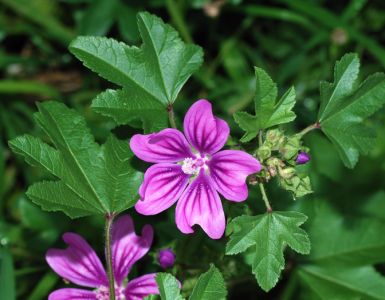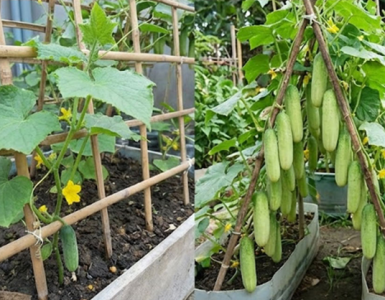Plantago lanceolata, also known as ribwort plantain, narrowleaf plantain, or English plantain, is a common wild herb found in meadows, fields, and roadsides across the world. While often considered a weed, this resilient plant has been used for centuries in traditional medicine due to its rich content of bioactive compounds, including flavonoids, tannins, iridoid glycosides, and mucilage. Today, Plantago lanceolata is recognized as a valuable natural remedy with diverse applications for health and wellness.
Key Benefits of Plantago Lanceolata
1.Respiratory Health
Plantago lanceolata is well-known for soothing the respiratory tract. Its mucilage helps coat and calm irritated mucous membranes, making it effective for coughs, bronchitis, sore throat, and asthma relief. Herbal teas and syrups made from the leaves are popular for easing breathing difficulties.
2.Wound Healing and Skin Care
Fresh leaves of ribwort plantain have long been used as a natural poultice for cuts, insect bites, burns, and minor wounds. The plant’s antimicrobial and anti-inflammatory properties support faster healing, reduce swelling, and prevent infections.
3.Anti-Inflammatory Effects
The iridoid glycosides (such as aucubin) in Plantago lanceolata exhibit potent anti-inflammatory actions. This makes the herb helpful in managing arthritis, joint pain, and other inflammatory conditions when consumed as tea or applied topically.
4.Digestive Support
Due to its high mucilage and tannin content, Plantago lanceolata can soothe the digestive tract, reduce irritation, and help with gastritis, diarrhea, and irritable bowel issues.
5.Immune Boosting and Antimicrobial Properties
Studies suggest that Plantago lanceolata has antibacterial, antiviral, and antioxidant effects, making it a supportive remedy during colds, flu, and infections.
Uses of Plantago Lanceolata
Herbal Tea – Leaves are dried and brewed into tea to treat coughs, sore throats, and digestive discomfort.
Syrups and Extracts – Often used in herbal cough syrups for children and adults.
Poultices – Fresh, crushed leaves can be applied directly to insect stings, wounds, or rashes.
Salves and Ointments – Infused into oils and balms for skin healing.
Dietary Use – Young leaves can be eaten in salads or soups, providing vitamins and minerals.
Precautions
Plantago lanceolata is generally considered safe when used moderately.
People with known allergies to the Plantaginaceae family should avoid it.
Pregnant or breastfeeding women should consult a healthcare provider before medicinal use.
Plantago lanceolata is more than just a roadside weed—it’s a powerful medicinal herb with a wide range of applications. From soothing coughs and digestive problems to accelerating wound healing and reducing inflammation, its benefits are both time-tested and scientifically supported. By incorporating Plantago lanceolata into teas, syrups, or natural skin remedies, you can tap into one of nature’s most accessible and effective healing plants.






Add comment